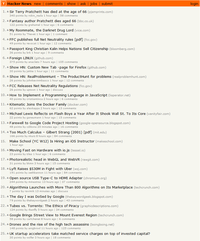
How fast is quantum entanglement? Scientists investigate it at the attosecond scale
This article has been reviewed according to Science X's editorial process and policies. Editors have highlighted the following attributes while ensuring the content's credibility:
Quantum theory describes events that take place on extremely short time scales. In the past, such events were regarded as 'momentary' or 'instantaneous': An electron orbits the nucleus of an atom—in the next moment it is suddenly ripped out by a flash of light. Two particles collide—in the next moment they are suddenly 'quantum entangled.'
Today, however, the temporal development of such almost 'instantaneous' effects can be investigated. Together with research teams from China, TU Wien (Vienna) has developed computer simulations that can be used to simulate ultrafast processes. This makes it possible to find out how quantum entanglement arises on a time scale of attoseconds.
If two particles are quantum entangled, it makes no sense to describe them separately. Even if you know the state of this two-particle system perfectly well, you cannot make a clear statement about the state of a single particle.



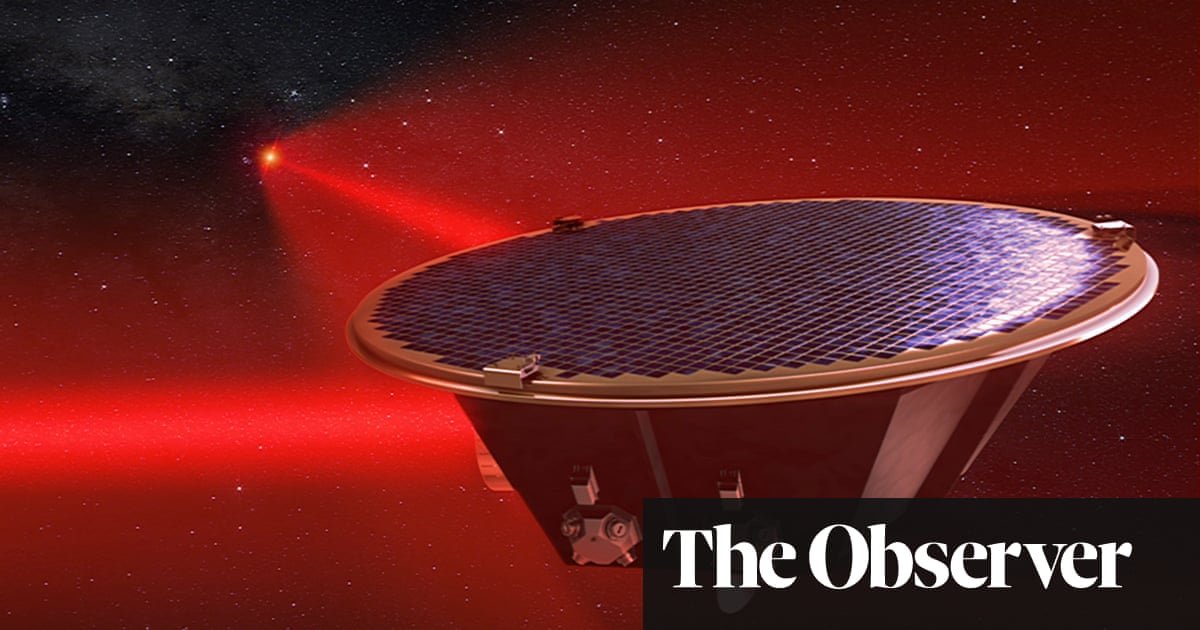
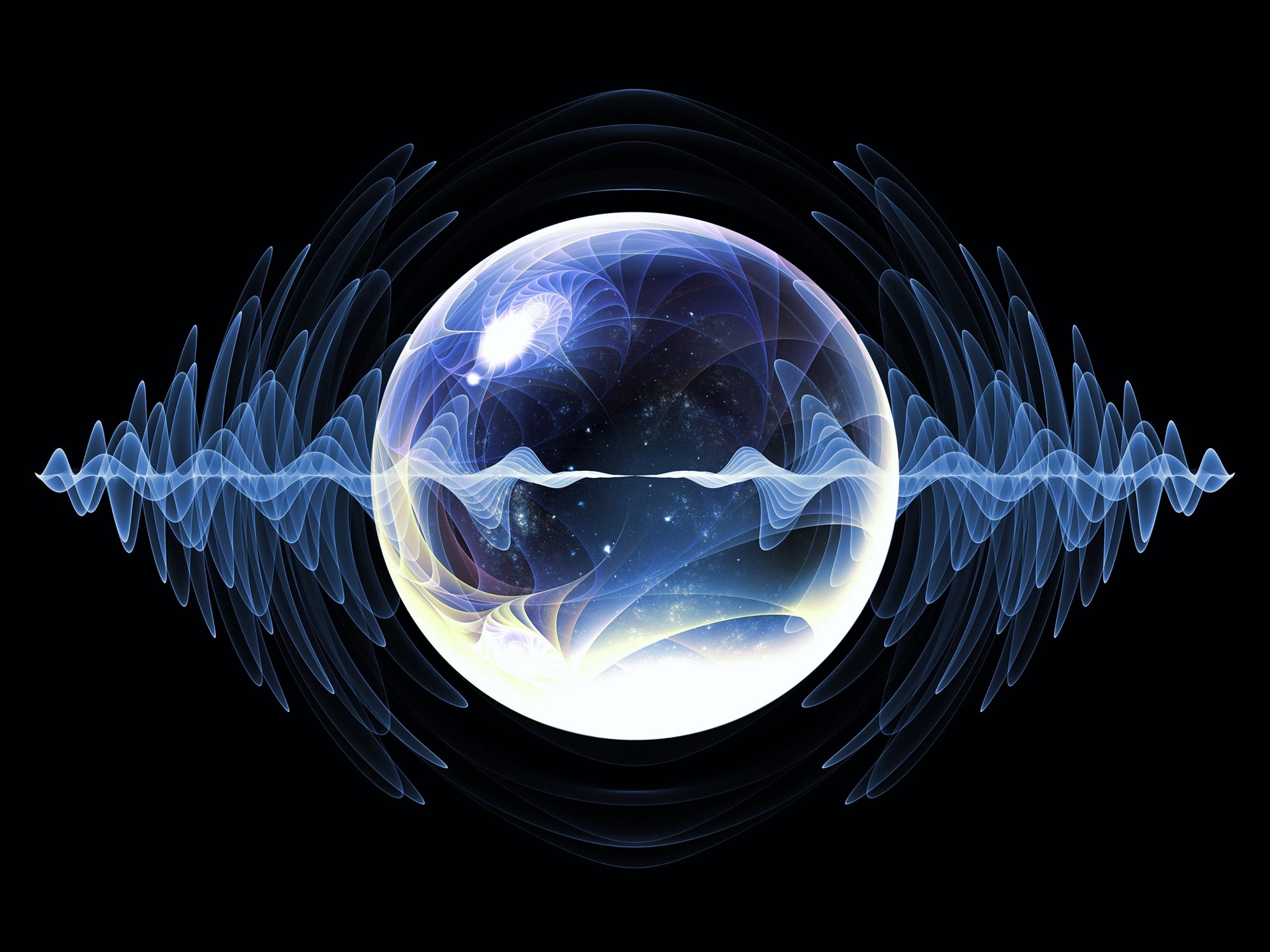
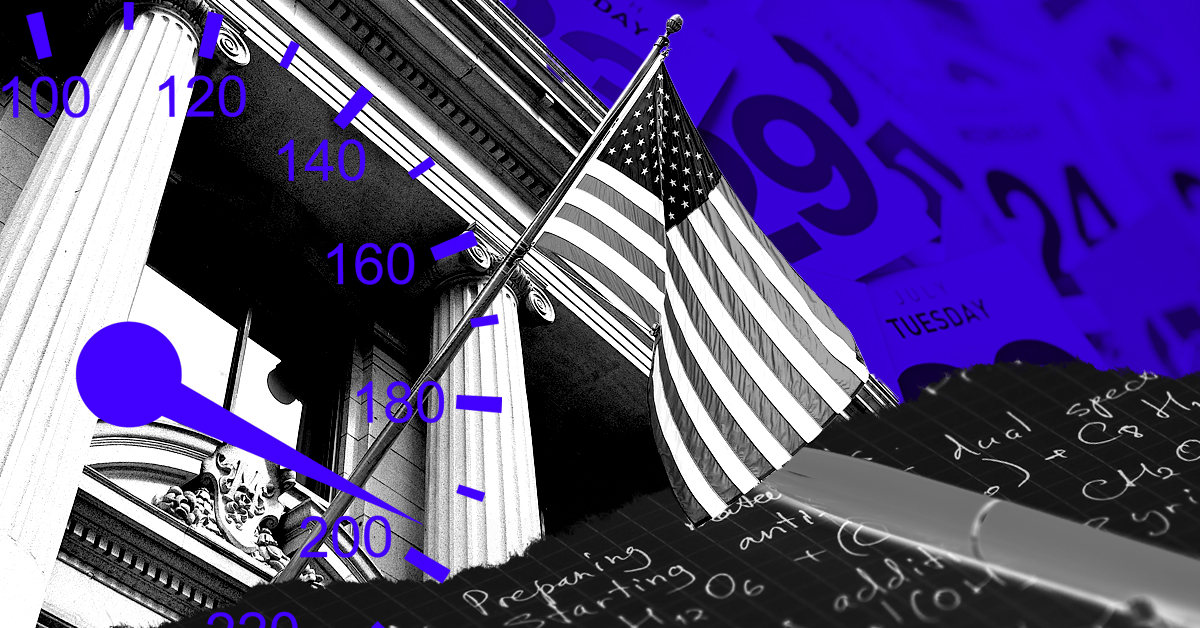
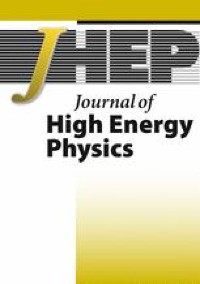






/cdn.vox-cdn.com/uploads/chorus_asset/file/25372328/DCD_Matthew_Prince.jpg)




